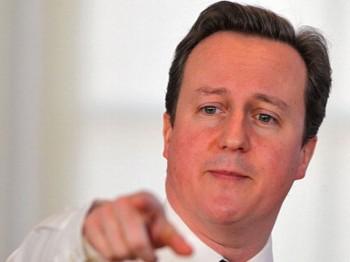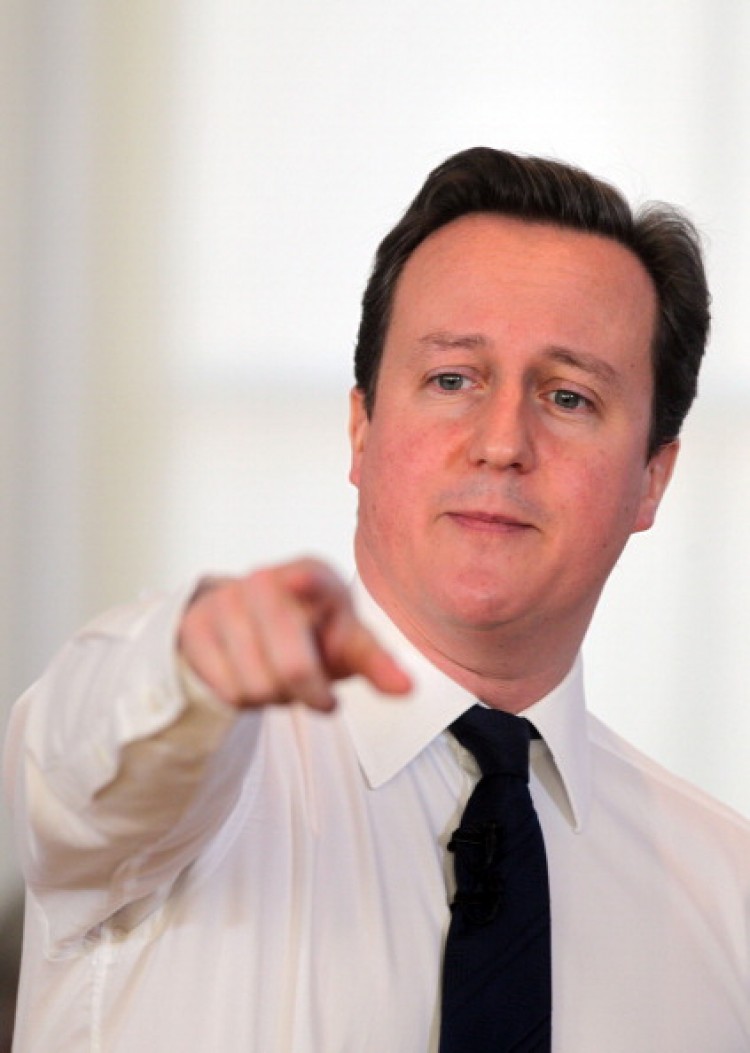David Cameron Unveils ‘Open Public Services’ White Paper
David Cameron shows vision of “democracy on a properly hyper-local scale”. Trade Unions see privatisation of public services.

Prime Minister David Cameron makes a speech on the Big Society to social entrepreneurs at Somerset House on February 14, 2011 in London, United Kingdom. The PM outlined how a Big Society bank would fund voluntary project,s although Labour Party MP Tessa J Lewis Whyld/WPA Pool/Getty Images
|Updated:





